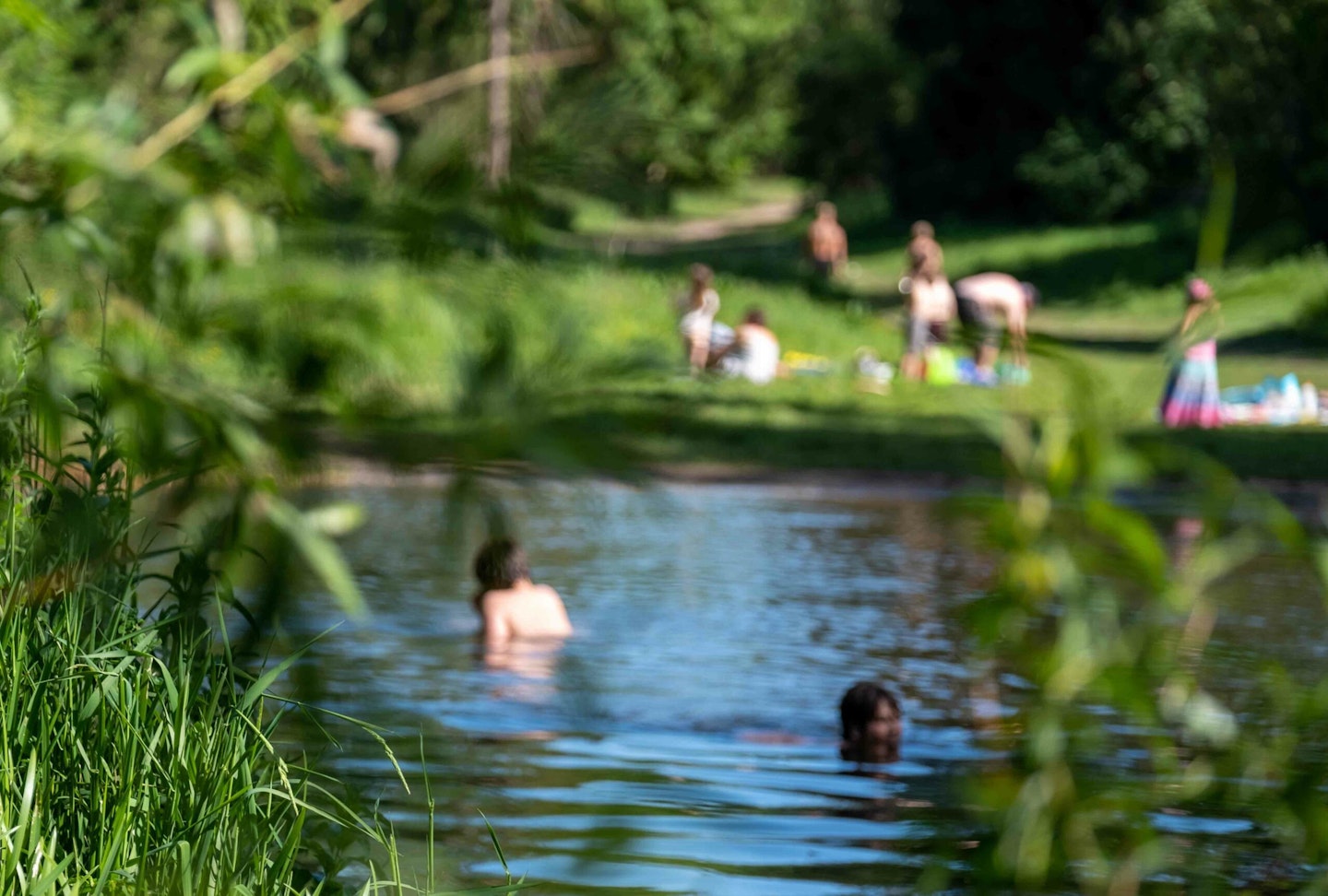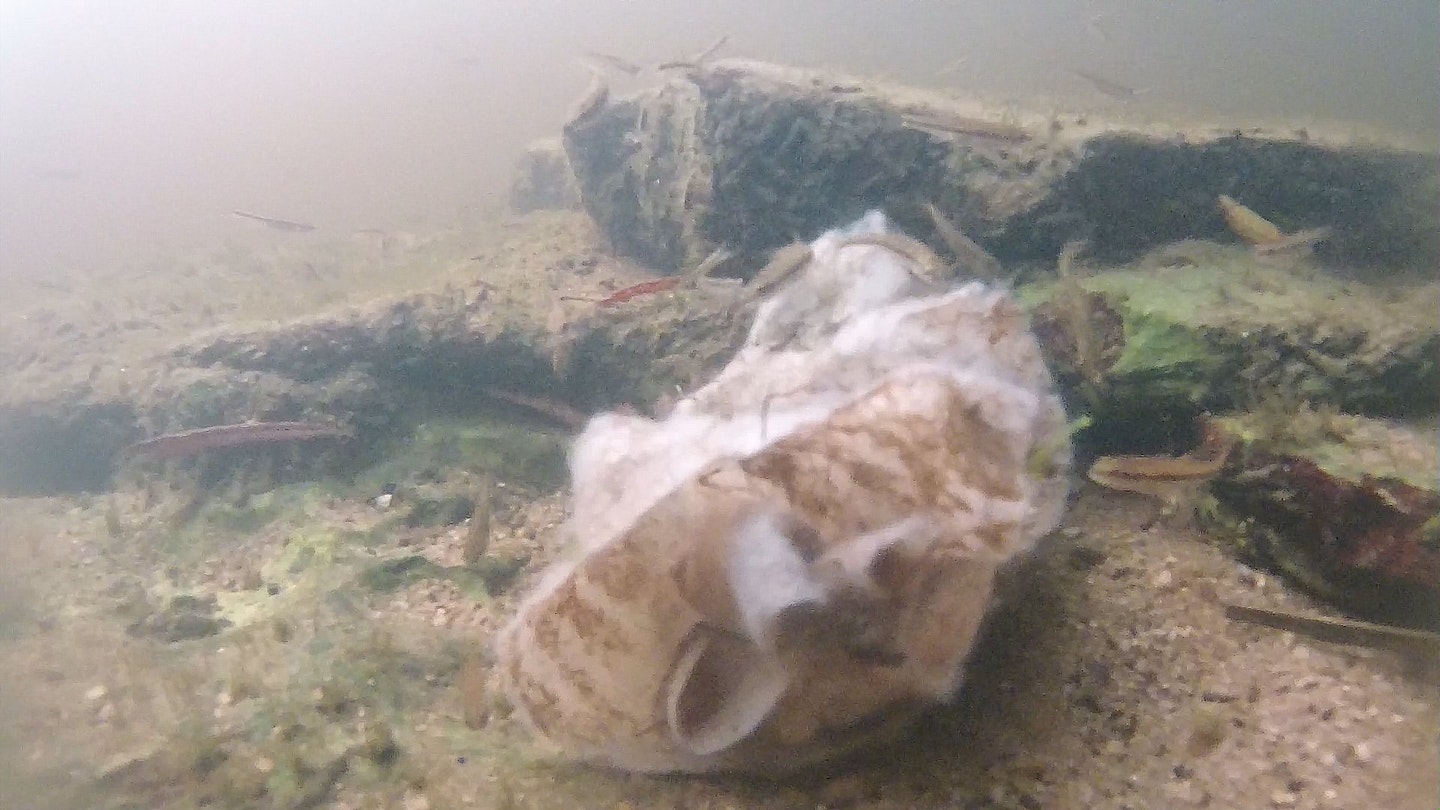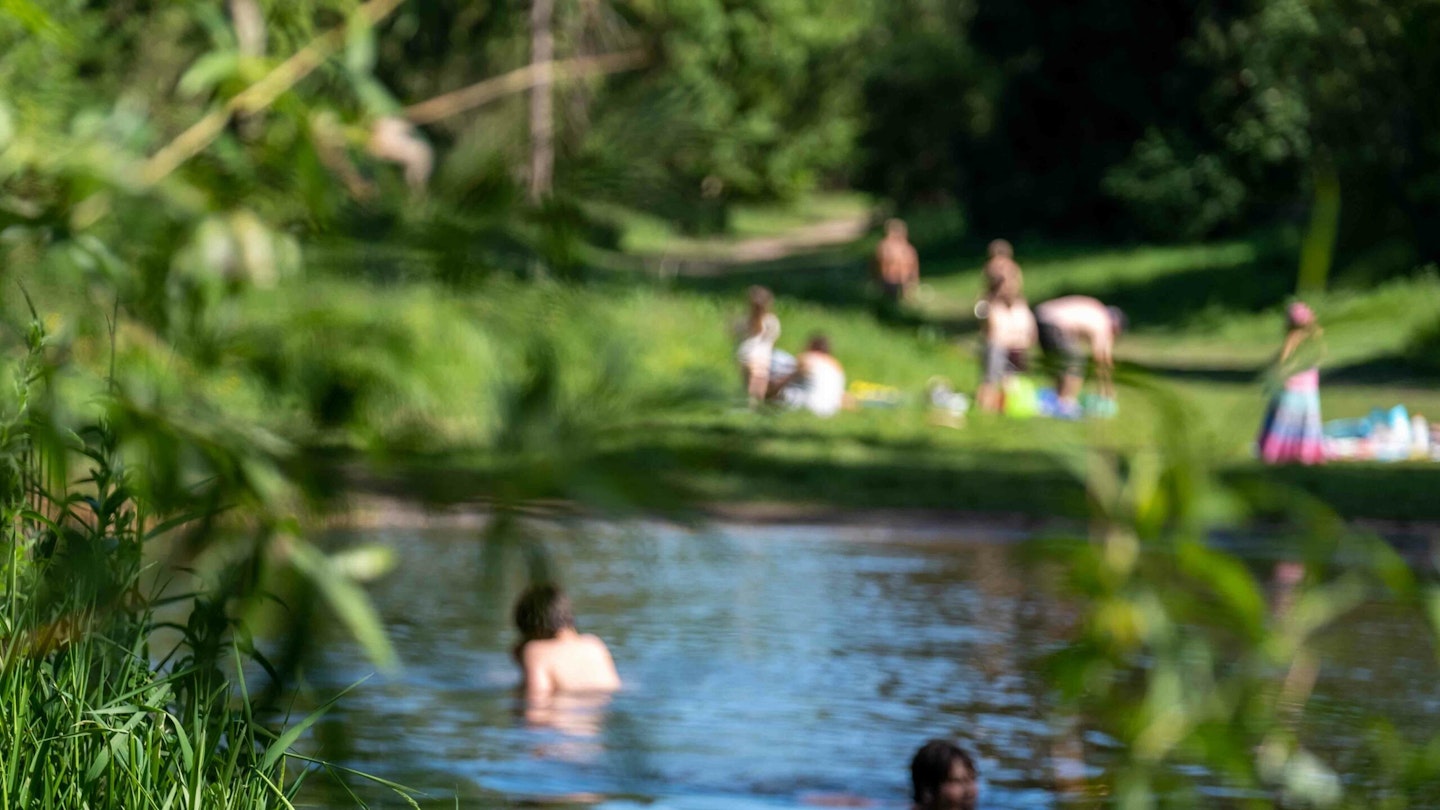While few anglers would relish busier waterways, wild swimmers and other water users are helping to create a stronger case than ever to remedy the shameful state of Britain’s rivers. Or, at least, that’s one obvious conclusion to draw from fresh proposals made by Surfers Against Sewage and the Rivers Trust to call on DEFRA to recognise 200 so-called water bathing sites.
Other nations boast hundreds of such locations for public recreation, whereas England has a pitifully low number, with just one river currently included. However, that could all change with an appeal to identify 200 such sites in England by 2030.
Such a move could add further human traffic on waterways, but it’s also hoped this could bring far better water monitoring. Not least because such applications give the authorities a stark choice: refusal to grant bathing status suggests water quality is inadequate, while a ‘yes’ verdict equates to obligatory regular testing.

Agency under fire and action on the Thames
Shortly to become England’s freshwater bathing site number two (no pun intended), the River Thames in Oxford is set to be given special status in the coming weeks.
This follows a ratcheting up of pressure from the Thames21 group, which has been mobilising volunteers to stand up for
better water quality with citizen science and direct action.
The development came about after further public outrage over the precarious state of UK waterways in 2022, including biting
reports from The Guardian that EA staff were being told to “ignore reports of low level pollution”.
As to whether new proposals are strictly about public swimming access, or simply a way to heap more pressure on the authorities, is itself open to debate, while other sceptics question whether cleaner waters will result.
Mixed fortunes at Ilkley
England’s only currently recognised river bathing site is on the River Wharfe at Ilkley. It was created by the Ilkley Clean River Group in 2020, but good intentions haven’t necessarily led to a better river environment.
“The intention is spot on, but if anything the river is more polluted than ever after getting special status!” says Beneath British Waters film maker Mark Barrow, who is also an angler. “Just a few hundred yards upstream of the designated section, you have a sewage works.
“Some sections of the Wharfe are doing better, it’s fair to say, but you’re never far away from impacts,” he said, remarking that the river once held huge shoals of barbel, bream and roach. These days, he has to disinfect his gear every time he goes filming.
“If rivers are managed properly they can recover, but it’ll need infrastructure changes and years of pressure,” he adds.
“Designated bathing sites and better monitoring will help, but it’s one step at a time. We have a long fight ahead, and if anglers join forces with everyone who uses watercourses to provide one powerful voice, that can be a huge help.”
River campaigner Feargal Sharkey echoed this sentiment, adding that while no one action would create overnight change “anglers should welcome any added pressure point to get the Government to deal with the shocking state of our rivers.”
On a more cautionary note, Matt Hayes said: “The bathing waters debate worries me. As anglers, we want nutrient-rich water that’s ideal for fish and aquatic life. Water suitable for bathing is not necessarily the same thing – we don’t want lots more people going through sensitive habitat, such as spawning areas.”
Angling Trust Head of Campaigns Stuart Singleton White said that the move to support recreation and bathing zones could be a welcome step in cleaning up our rivers, but it is far from the whole story. “Our rivers are not only places to swim and play, they are important ecosystems and vital habitats for fish and we need to do much, much more.”
Key stats:
1 Number of English river sites recognised as public bathing areas, shortly to become two.
1,300 Approximate number of freshwater bathing sites in France. When stillwaters are included, England has around a dozen!
372,533 Number of times raw sewage was discharged into English rivers last year. This was a reduction from 2020! (Source: DEFRA).
4.35 million Estimated number of wild swimmers in the UK, who regularly use natural locations such as lakes, rivers and beaches in England (Source: Swim England).

WHAT CAN I DO TO HELP?
Support the Anglers Against Pollution Campaign and support Fish Legal: You can add your voice to the battle against polluters and support action on offenders at www.anglingtrust.net
Contact your local MP: Writing to your local elected representative is a simple way of delivering a strong message where it counts.
Sign the petition: Anglers can add their weight by signing the petition: www.sas.org.uk/bathingriverspetition/
Check your local river status: You can find out more about sewage and pollution levels at theriverstrust.org and https://environment.data.gov.uk/water-quality
